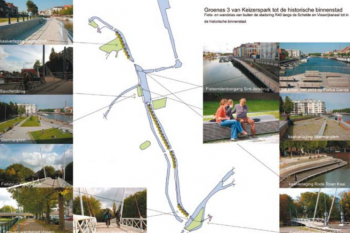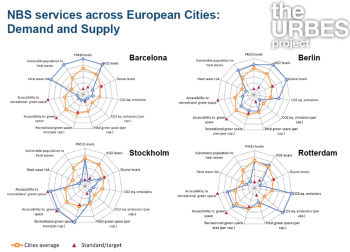Izta - Popo - Replenishing Groundwater through Reforestation in Mexico
The Volkswagen Group (the Group) is one of the world’s leading automobile manufacturers. The Group is comprised of twelve brands (Volkswagen Passenger Cars, Audi, SEAT, ŠKODA, Bentley, Bugatti, Lamborghini, Porsche, Ducati, Volkswagen Commercial Vehicles, Scania and MAN), operating 118 production plants in 20 countries across Europe and 11 countries in the Americas, Asia, and Africa.
The Group aims to create lasting value for the Company, its employees, and its shareholders, but also for the countries and regions in which they operate. This all-embracing view of sustainability is...



